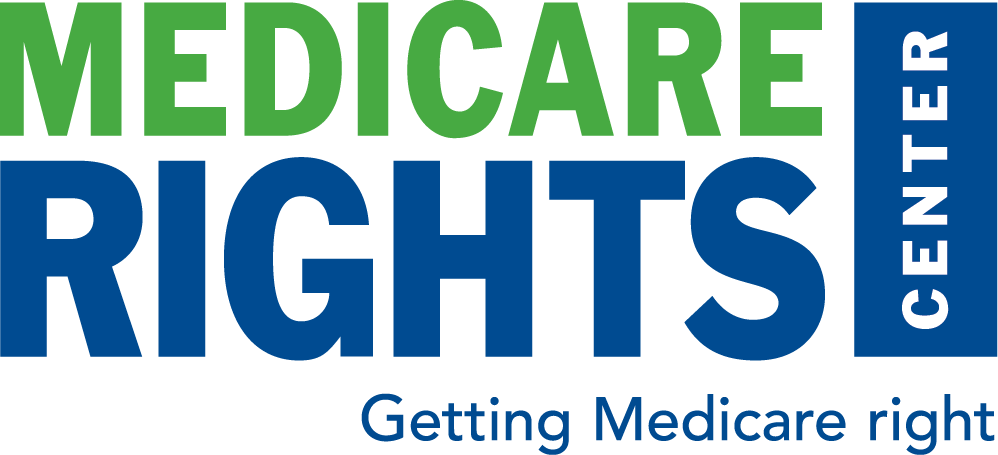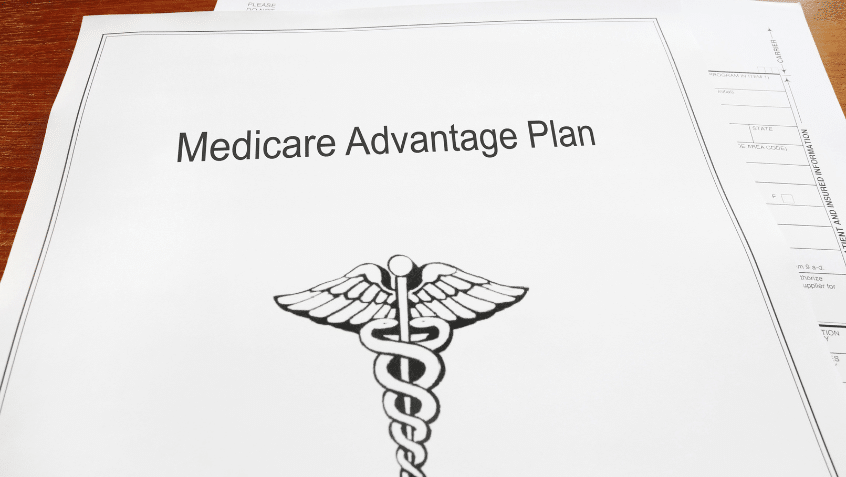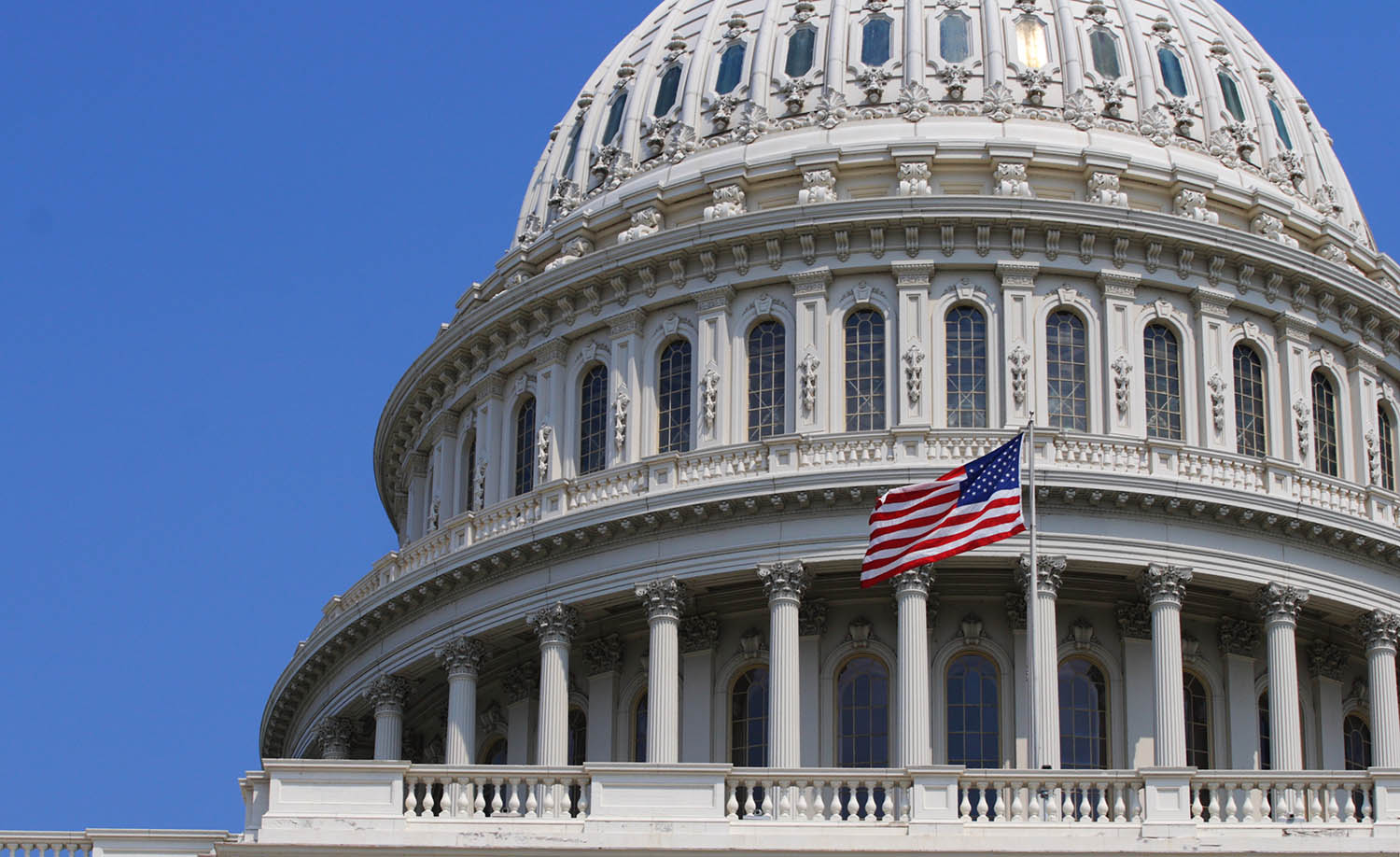
In December, the Centers for Medicare & Medicaid Services (CMS) finalized a demonstration program that will test new ways for Medicare to pay hospitals that perform heart or hip surgeries. Under the new model, Medicare will pay participating hospitals one payment, known as a “bundled payment,” for a person’s hospital stay and the 90 days following a heart attack, cardiac bypass surgery, or surgical hip treatment. The hospital stay and 90-day post-stay period together are known as an “episode of care.” As part of this demonstration, CMS announced the creation of an ombudsman to serve people with Medicare in this model and other similar programs—a move applauded by Medicare Rights.
Bundled payments are designed to enhance the overall quality of care provided by creating new incentives for hospitals to better manage and coordinate patient care. These payments are coupled with quality measures to assess how well hospitals are providing care to patients. If hospitals spend resources efficiently, while also performing well on quality, they can receive higher payments known as “shared savings.”
Medicare Rights has been generally supportive of value-based demonstrations like this one, because we believe they can benefit both taxpayers—by spending Medicare dollars more wisely—and people with Medicare—by improving people’s care and well-being. Still, we often urged CMS to rigorously monitor patient experiences in these new care models and to more thoroughly educate people about how their care may or may not change and what their rights are as a Medicare recipient.
An ombudsman can serve as an effective, centralized resource for this monitoring. Typically, ombudsman programs track questions and complaints, troubleshoot and resolve beneficiary problems, and provide systemic data and information about what’s working in a program as well as what can be improved.
Following Medicare Rights’ recommendation, CMS committed to developing a new ombudsman program, the Alternative Payment Models Beneficiary Ombudsman, devoted to ongoing and emerging care models. CMS says this ombudsman will complement and work closely with other CMS entities that help beneficiaries navigate their coverage and care, including 1-800-MEDICARE, the Medicare Ombudsman, and Quality Improvement Organizations (QIOs).
With a new President, the fate of bundled payments and other care models is somewhat unclear. The new Administration could choose to move ahead with these promising programs, significantly or minimally change them, or choose not to carry them forward at all, after seeking public comment. The development of an ombudsman program—like that announced by CMS—featured prominently in Medicare Rights’ transition recommendations to President Trump and his team. As such, we strongly urge incoming leadership at CMS to follow through on this important commitment.
Read more about the cardiac and hip bundled payment demonstration.
The Latest
Most Read
Add Medicare to Your Inbox
Sign up to receive Medicare news, policy developments, and other useful updates from the Medicare Rights.









